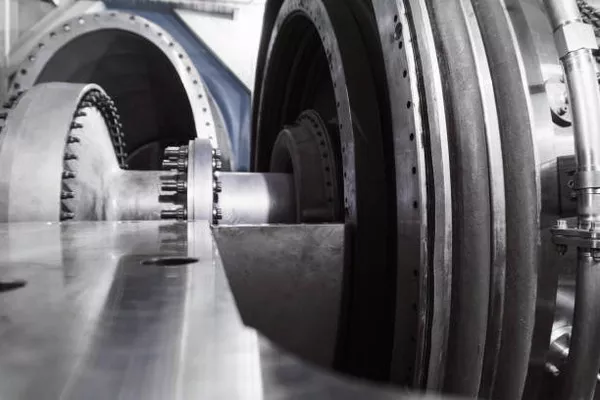Compressors play a crucial role in various industries, providing the necessary power to drive pneumatic tools, control air pressure, and facilitate numerous processes. When considering the purchase of a compressor, one of the primary concerns for consumers is the cost. Understanding the factors that contribute to the pricing of compressors can help individuals and businesses make informed decisions. In this article, we will explore the key elements that influence the cost of compressors and provide insights into making cost-effective choices.
Types of Compressors
Compressors come in a variety of types, each designed for specific applications. The type of compressor you choose significantly affects its cost. The three main types of compressors are reciprocating compressors, rotary screw compressors, and centrifugal compressors.
Reciprocating compressors are the most common and cost-effective option for small to medium-sized applications. They operate by using pistons to compress air, making them suitable for tasks that require intermittent use.
Rotary screw compressors, on the other hand, are known for their continuous and efficient operation. They are often pricier than reciprocating compressors due to their enhanced performance and reliability. These compressors are suitable for applications requiring a steady air supply.
Centrifugal compressors are the most expensive type, typically used in large industrial settings. Their high cost is attributed to their ability to produce large volumes of compressed air at high pressures. These compressors are ideal for heavy-duty applications but may not be cost-effective for smaller operations.
Power and Capacity
The power and capacity of a compressor are significant factors influencing its cost. The power rating is measured in horsepower (HP) and determines the compressor’s ability to generate compressed air. Higher horsepower usually leads to a higher cost, as more powerful compressors can handle larger workloads and provide a more consistent air supply.
Capacity, often measured in cubic feet per minute (CFM), indicates how much air the compressor can deliver. Compressors with higher capacity are generally more expensive, especially when designed to handle continuous and demanding applications. It’s crucial to match the compressor’s power and capacity with the specific requirements of the intended tasks to avoid overpaying for unnecessary features.
Brand Reputation and Quality
The reputation of the brand and the overall quality of the compressor are important considerations when evaluating costs. Well-established brands with a history of producing reliable and durable compressors often command higher prices. While these brands may come with a premium, the investment can pay off in terms of long-term reliability and performance.
It’s essential to research and read reviews about different compressor brands to assess their reputation in the market. Opting for a reputable brand may involve a higher upfront cost, but it can result in a more cost-effective choice over the compressor’s lifespan.
Additional Features and Technology
Compressors come with a range of additional features and technological advancements that can influence their cost. Variable speed drives, energy-efficient designs, digital controls, and advanced monitoring systems are examples of features that can contribute to a higher price tag.
While these features can enhance performance and efficiency, it’s important to evaluate whether they align with the specific needs of your application. Investing in advanced technology may be justifiable for certain industries or applications where energy efficiency and precise control are paramount, but for simpler tasks, basic compressor models may offer a more cost-effective solution.
Maintenance and Operating Costs
When considering the cost of a compressor, it’s crucial to factor in maintenance and operating costs. Some compressors may have lower upfront costs but higher maintenance expenses, while others may require less frequent maintenance but have a higher initial price. Understanding the total cost of ownership over the lifespan of the compressor is essential for making a well-informed decision.
Regular maintenance is key to extending the life of a compressor and preventing unexpected breakdowns. Some compressors may come with warranties or service packages, influencing the overall cost but providing peace of mind regarding potential future expenses.
Conclusion
In conclusion, the cost of a compressor is influenced by various factors, including the type of compressor, power and capacity, brand reputation, additional features, and maintenance considerations. By carefully evaluating these factors and understanding the specific requirements of your application, you can make a cost-effective decision that aligns with both your immediate needs and long-term goals.
It’s recommended to consult with industry experts, compare different models and brands, and consider the total cost of ownership to ensure that the chosen compressor meets your expectations in terms of performance, reliability, and budget. With a well-informed approach, investing in a compressor becomes a strategic decision that contributes to the efficiency and success of your operations.

